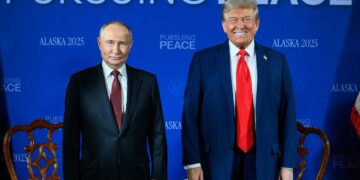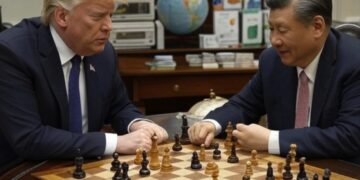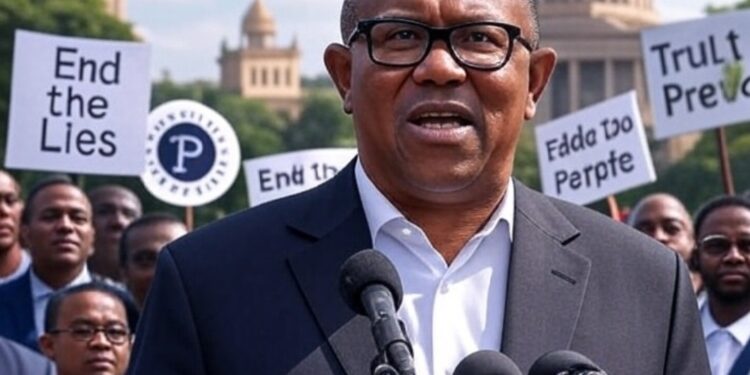In the volatile arena of Nigerian politics, where narratives are often shaped by selective outrage and half-truths, Peter Obi, the former governor of Anambra State and a prominent political figure, has emerged as a lightning rod for both admiration and criticism. Recently, a comment by Akin Akinwale on social media reignited a familiar tactic: dragging Obi’s name through the mud by invoking the Pandora Papers. This attempt to tarnish his reputation, however, was swiftly and decisively dismantled by Kelechi Mbiamnozie, whose response not only exposed the intellectual laziness behind such accusations but also laid bare the selective sanctimony that fuels them.
Akinwale’s comment suggested that Obi’s inclusion in the Pandora Papers—an exposé of offshore financial dealings—should cast a shadow over his reputation for prudence and simplicity. Yet, as Mbiamnozie incisively pointed out, this argument collapses under scrutiny. Offshore accounts, a common financial tool globally, are not inherently illegal. The critical question is whether such accounts were used to conceal illicit wealth or evade taxes. In Obi’s case, no evidence of wrongdoing has ever been substantiated. None. To equate his name in the Pandora Papers with criminality is not just misleading—it’s a deliberate attempt to distort the truth.
Mbiamnozie’s rebuttal goes further, exposing the hypocrisy at the heart of such critiques. Why, he asks, is there no similar outrage over Bola Ahmed Tinubu’s $460,000 forfeiture in a U.S. narcotics-linked case or Atiku Abubakar’s repeated appearances in corruption scandals? The silence on these matters reveals a troubling double standard, where Obi is singled out not for evidence of wrongdoing but for the threat he poses to Nigeria’s entrenched political class. His frugality, transparency, and proven track record unsettle those accustomed to the excesses of impunity.
Obi’s legacy in Anambra State speaks for itself: a debt-free government, billions in savings, revitalized education, and stabilized healthcare. These are not the hallmarks of a plunderer but of a reformer who prioritized results over ostentation. His governance model, rooted in fiscal discipline and institutional reform, stands in stark contrast to the gluttonous status quo that critics like Akinwale seem eager to protect.
The applause for Peter Obi is not blind adulation—it is rooted in empirical evidence of his competence and integrity. Unlike the empty promises of many politicians, Obi’s words are backed by receipts: verifiable achievements that have reshaped Anambra’s trajectory and inspired hope for a better Nigeria. Attempts to smear him with innuendo, like the Pandora Papers reference, are not calls for justice but acts of sabotage aimed at undermining a man who dares to challenge the rot of Nigeria’s political system.
To stakeholders, the lesson is clear: the truth cannot be buried under half-baked accusations or selective moralizing. Peter Obi’s record stands as a beacon of what principled leadership can achieve. It’s time to end the lies, reject the distractions, and focus on the real work of building a nation that reflects the values of accountability and progress that Obi embodies. Let those who peddle falsehoods sheath their rhetorical swords and confront the uncomfortable truth: Obi’s rise is not a scandal—it’s a revolution against a broken system.









































